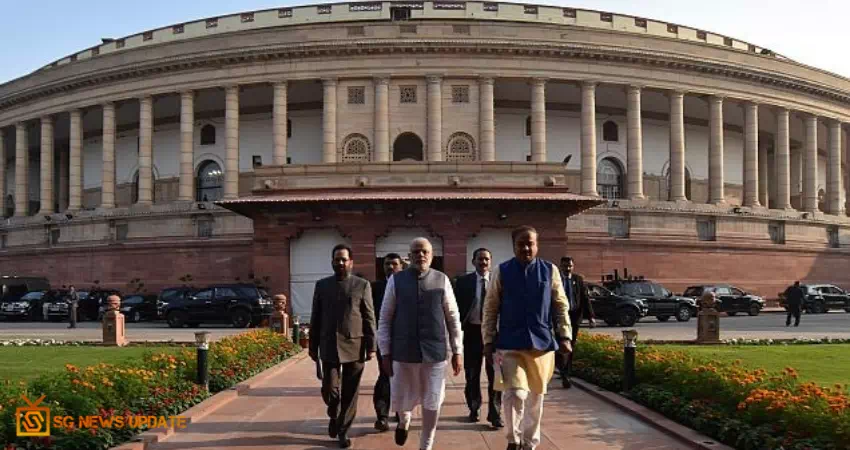
A 2019 Supreme Court order, utilized by the public authority to legitimize its new Information Technology (IT) Rules, which constrain encoded web-based media messaging stages to unveil their clients' identity, additionally alerts the Center from doing anything which adds up to attack of individual privacy.
On September 24, 2019, hearing an appeal recorded by Facebook, the apex court showed profound worry at the usage of online media for perpetrating wrongdoing. It said the medium had become a hotspot for pornography. Pedophiles utilized online media "amazingly". Hoodlums abused it to run weapons, medications and contraband. Disdain and viciousness were shared and spread through these virtual stages. The court had even felt that a few messages via online media may even undermine national sovereignty.
It was in this unique situation, the court had required an "appropriately outlined system" to permit the public authority to get data about first originators of messages from "huge" social media delegates with end to end encryption innovation like WhatsApp.
The court had practiced restriction as well. It cautioned that "de-encryption, "if effectively accessible, could crush the essential right to privacy". The court had explained that the public authority ought to "guarantee that the privacy of the individual isn't attacked". The order had likewise underlined that traceability ought to be confined to "explicit conditions".
In any case, WhatsApp discovers recognizability under Rule 4(2) of the Information Technology (Intermediary Guidelines and Digital Media Ethics Code) Rules of 2021 "lopsided". It said the 2021 Rules didn't limit distinguishability to "explicit conditions". The privacy of all of its clients would be undermined as there was no real way to anticipate which message would be dependent upon a trace order from the public authority.
In its request before the Delhi High Court, the web-based media giant said that it would need to "fabricate an ability to distinguish the primary originator of each message, to be served up to the public authority until the end of time". This implies even lawful clients and their messages would be under watch. The impact would be chilling on free discourse. Residents won't talk openly for dread that their private correspondences would be followed and utilized against them.
Coming Soon...!
Comments (0)